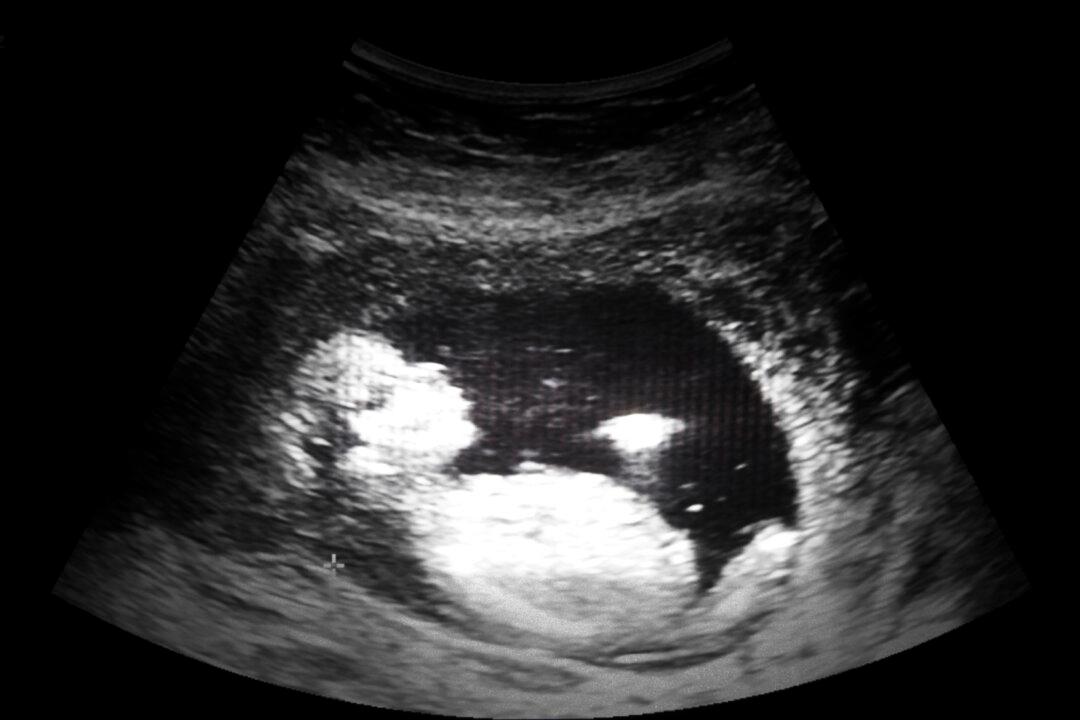The University of Virginia’s School of Medicine website describes pre-birth memories: “Some young children report memories from before or during their birth. In the case of reported memories before birth, some describe being aware of events that occurred when they were in the womb, while others talk about events from another realm or heaven.
“Occasionally, young children describe parts of their birth process that their parents say they were not told about. While current understandings of infant memory do not allow for such memories to be possible, some children describe them nonetheless.”
Though science has made some progress in understanding how we store and access memories, much about memory remains a mystery.





